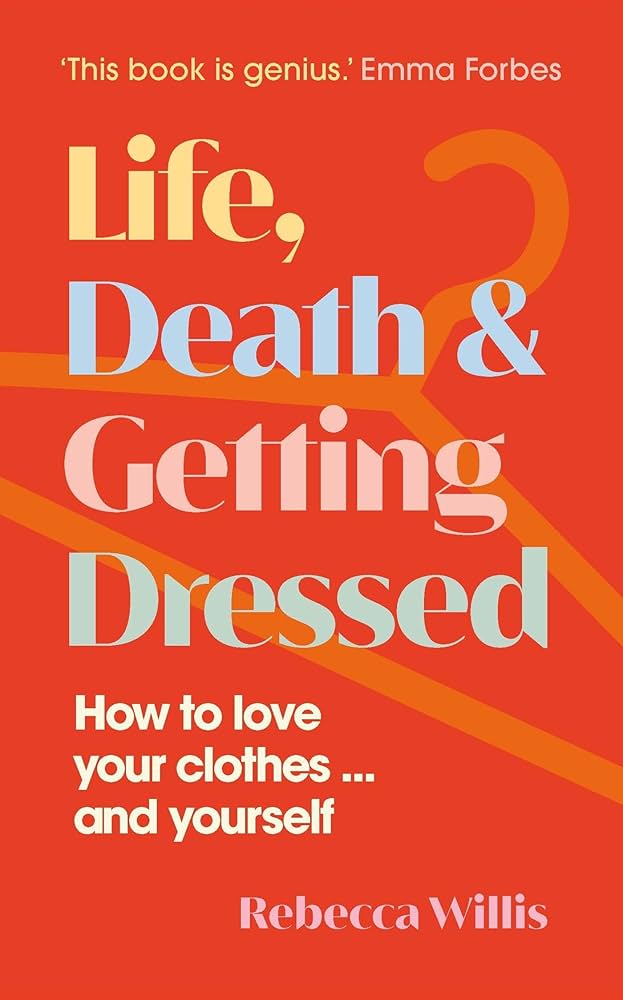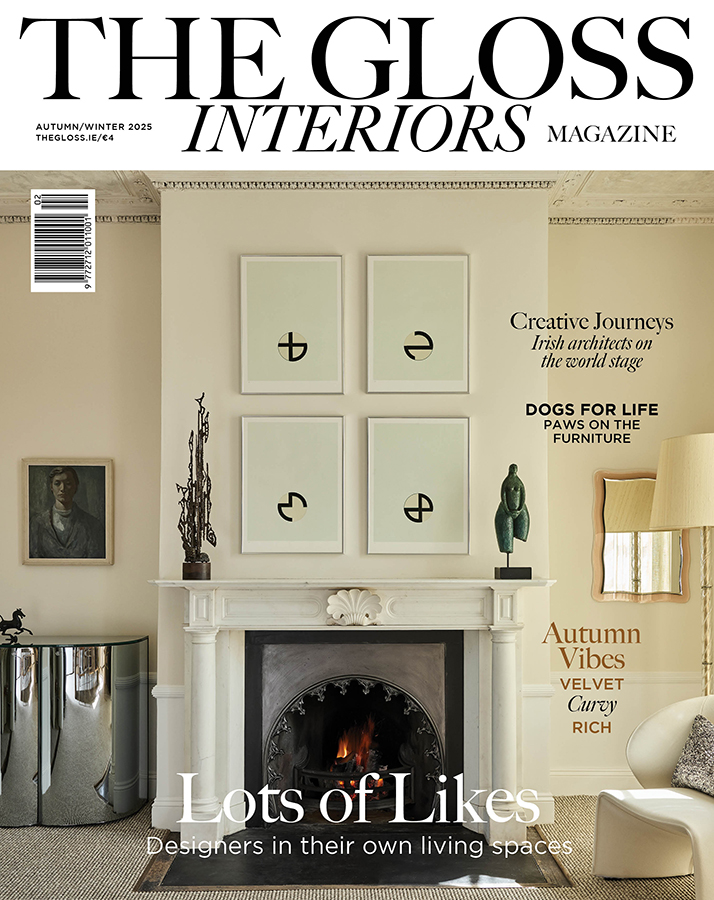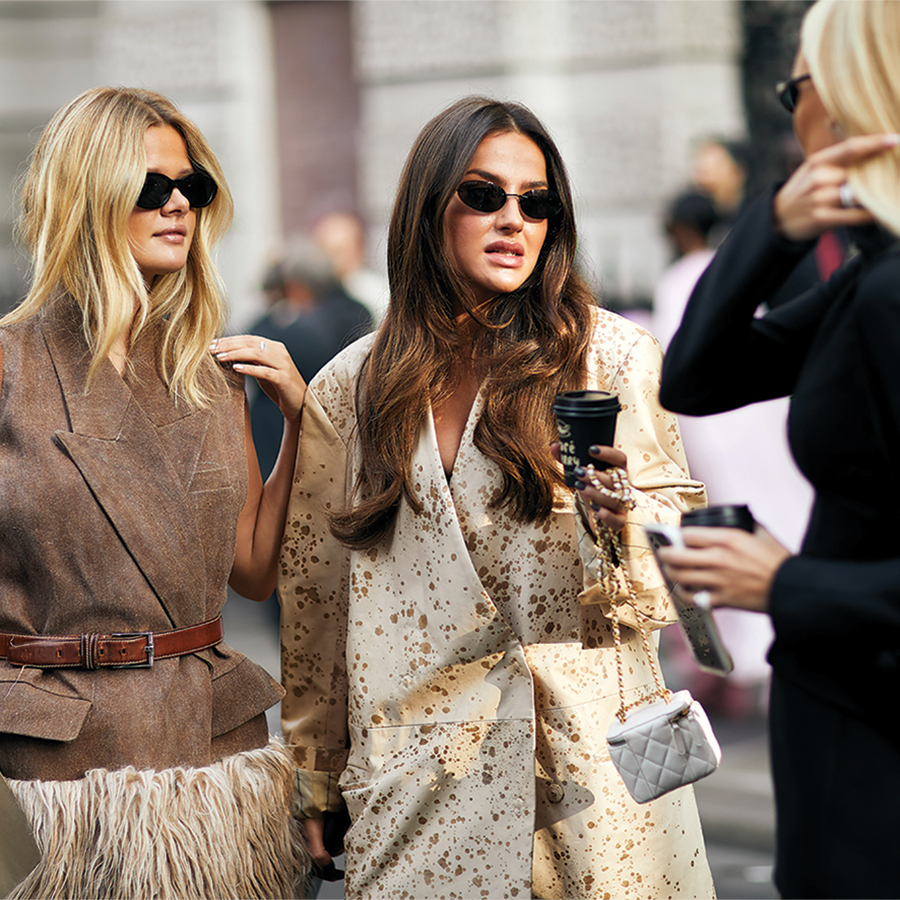Forget about the male gaze, says Rebecca Willis, a former editor at Vogue, it’s the female one that matters …
It’s often said that women dress for each other. This feels patronising and it is particularly annoying when the person saying it is a man who, firstly, doesn’t realise that as a male he’s privileged not to be judged by how he looks and, secondly, is failing to notice the fact that you’ve bothered to dress up and even put on make-up. To be fair, it may be that the average testosterone-fuelled male brain can’t, rather than won’t, pay much attention to clothes. But what is certain is that in purely evolutionary terms, females compete with each other to find a mate and pass on their genes. That is why we don’t really like to be wearing an identical outfit to someone else at the party, why designers make sure that two actors don’t wear the same dress on the red carpet and why couture houses sell only one of a particular creation per region or country.
And yet we are more evolved than that. We value sisterhood, and that includes clothes talk: planning what to wear together, swapping notes on where to buy, getting tips and reassurance. Getting dressed with a girlfriend can be the best bit of going out – an image flashes across my mind of laughing with my old schoolfriend Ratty while attaching plastic fish to a net I was wearing before a party with the dress code “surreal” (the event itself is long forgotten). I’m betting you have your own version of that image, possibly not involving a fish. And I know that if I’d had a girlfriend with me when I bought that jumper with ROCK written across the back she would have pointed out to me, as the shop assistant did not, that with my hair falling across it, it looked as if it could say FUCK. She’d have had my back.
“We are curious about each other’s clothes, and not just in an envious or I-want-that-too way …”
We are curious about each other’s clothes, and not just in an envious or I-want-that-too way. At Vogue, if you wore something new, colleagues didn’t say you looked good; instead they’d ask: “Who’s it by?” – or even: “Whose is it?” (a trap for the uninitiated who might defensively reply: “It’s mine!”). And if your new outfit was not “by” a famous designer, you still got points for ingenuity. Because this was clothes science, a subject to be studied and learned with the assiduity of a trainspotter, and we do it to varying degrees even if we don’t work in fashion. Psychologists have suggested that we are “evolved foragers”, with women still shopping like gatherers – considering and assessing whether fruit is ripe, sensitive to texture and smell – while men shop like hunters, with a short burst of focus to get a speedy result. That’s certainly the way it goes in my family.
I’ve noticed, too, that my husband and sons can, almost anywhere, strike up a conversation with a complete stranger about football and, even if the unknown man turns out not to be an Arsenal supporter, they can laugh and josh each other and slap each other’s backs. Female football fans can perhaps do the same. But for lots of women, bonding over clothes is the nearest equivalent. And yet it’s different from football because it’s not an activity; it’s about possessions and having stuff. It’s about men acting and women appearing. It’s about the historical roles of men and women in a patriarchy. For the same reason, while we obsess about clothes, men tend to obsess about gadgets. They may laugh at our full wardrobes and how long it takes us to get ready and our belief that we don’t have anything to wear. And we laugh back at their hoards of tech, most of it now obsolete, their pizza ovens and their car magazines.
It is with other women that we feel fully seen and how we look feels most understood – with some notable exceptions (and I confess I’m not married to one). A woman you don’t know stopping you in the street to ask where you bought your coat feels a more profound compliment than “you look nice, is that a new dress?” from a man who’s seen that dress many times before. And I suspect it always will.

Life, Death and Getting Dressed, How To Love Your Clothes and Yourself (New River, €18.75), by Rebecca Willis, out now.
See more: Identikit Fashion: No Thank You!





